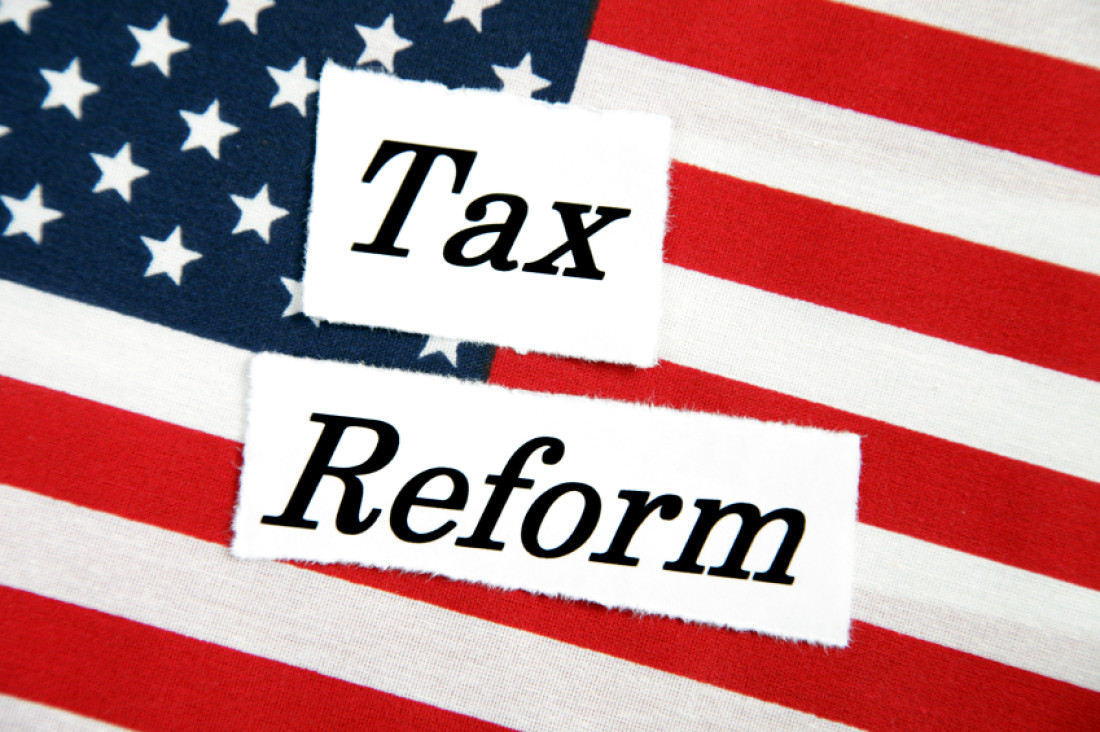Young Americans Will Pay Later For Shortsighted GOP Tax Bill

by Josh Averbach ’18
Congressional Republicans are bad at public policy. Really bad. In December, Republicans celebrated their first real legislative “achievement” by passing a long-anticipated tax-overhaul law. But this achievement comes with a caveat: the law stinks. After promising a middle-class tax cut, Republicans did relatively little for the average American’s checkbook while greatly helping the super-rich. According to The Atlantic’s Derek Thompson, “by 2027, 98 percent of multimillionaires would still get a tax cut, compared to just 27 percent of households making less than $75,000.”
All of this at a time when income inequality is, by some measures, at its highest in decades. It’s no wonder that, according to a December Quinnipiac poll, only 29 percent of Americans approved of the plan–an almost comically low number considering that this is, after all, a tax cut. But for all of the law’s ill effects, it may do the most damage to the youngest Americans.
For many young people, public schools are a path to a better life. The tax law may weaken them. Schools are primarily funded at the local level, and the tax law will likely reduce local tax revenues. The new tax system lessens the State and Local Tax (SALT) deduction, through which taxpayers could take much of what they paid to their state and locality off of what they pay to the feds. To compensate, localities may have to lower taxes, hurting their ability to fund schools. If you’re a student, you should feel a bit SALTy. The law also makes changes to the mortgage system that could hurt property values and therefore decrease property tax revenues, which, again, localities use partly to fund schools. Financially crippled public schools may struggle to afford supplies, may give teachers fewer raises, may have to cut extracurriculars, or may be forced to limit what courses they offer. All of these problems would limit students’ ability to receive a quality education. As Salon’s Daniel Katz wrote, the SALT and mortgage changes mean that “the threat to public education is evident.”
For years, Republicans have justifiably lambasted the Obama administration for adding to the country’s debt, which stands at about $20 trillion. So it seems slightly hypocritical that their new tax law will add about $2 trillion over the next decade. The debt isn’t going to shackle the economy in the near future, but it will likely be a problem years down the road. When a country takes on enormous debt, its creditors eventually lose faith that they will get paid back. This could potentially cause economic calamity; a debt crisis recently brought Greece to its knees. This is somewhat speculative; it is unclear just how dangerous America’s debt is compared to that of smaller countries like Greece. But the fact remains that Republicans–members of the self-proclaimed party of fiscal responsibility–continued the long-standing tradition of racking up debt and forcing future generations to live with the consequences.
This isn’t just ill-conceived policy. It’s dumb politics. Young Americans are generally more liberal than their older counterparts. According to CNN exit polls from the 2016 election, 56 percent of voters aged 18-24 voted for Hillary Clinton, while only 34 percent voted for Donald Trump. A competently run Republican party would, realizing that an aging base might be politically sustainable, make overtures to younger voters. But instead, Republicans created a law that hurts the voters they most desperately need.